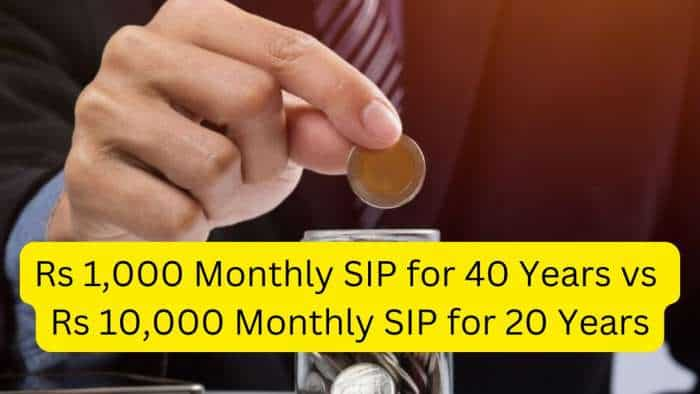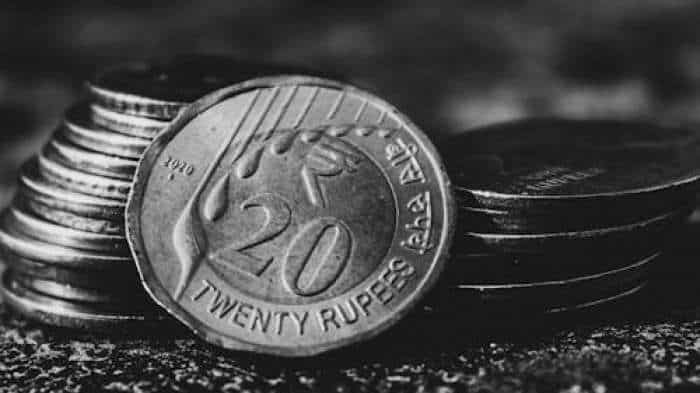15 new features of CGST, IGST finalised by the GST Council
The GST Council in its meeting held on Saturday in Vigyan Bhawan in New Delhi under the Chairmanship of Finance Minister Arun Jaitley has approved the draft CGST Bill and the draft IGST Bill

The Goods and Services Tax (GST) Council finally came to a consensus by broadly agreeing on the two key legislations - CGST and IGST at a meeting on Saturday. However, a final approval is likely only by mid-March.
The GST Council in its meeting held on Saturday in Vigyan Bhawan in New Delhi under the Chairmanship of Finance Minister Arun Jaitley has approved the draft CGST Bill and the draft IGST Bill as vetted by the Union Law Ministry. This clears the deck for the Central Government to take these two Bills to the Parliament for their passage in the ongoing Budget Session.
The remaining two Bills namely, State Goods and Services Tax (SGST) Bill and the Union territory Goods and Services Tax (UTGST) Bill, which would be almost a replica of the CGST Act, would be taken-up for approval after their legal vetting in the next meeting of GST Council scheduled on 16 March 2017, the Ministry of Finance said in a statement.
Here are some of the main features of the two Bills, as finalised by the GST Council, are as follows:
1. A State-wise single registration for a taxpayer for filing returns, paying taxes, and to fulfil other compliance requirements. Most of the compliance requirements would be fulfilled online, thus leaving very little room for physical interface between the taxpayer and the tax official.
2. A taxpayer has to file one single return state-wise to report all his supplies, whether made within or outside the State or exported out of the country and pay the applicable taxes on them. Such taxes can be Central Goods and Services Tax (CGST), State Goods and Services Tax (SGST), Union Territory Goods and Services Tax (UTGST) and Integrated Goods and Services Tax (IGST).
3. A business entity with an annual turnover of upto Rs 20 lakh would not be required to take registration in the GST regime, unless he voluntarily chooses to do so to be a part of the input tax credit (ITC) chain. The annual turnover threshold in the Special Category States (as enumerated in Article 279A of the Constitution such as Arunachal Pradesh, Sikkim, Uttarakhand, Himachal Pradesh, Assam and the other States of the North-East) for not taking registration is Rs 10 lakhs.
4. A business entity with turnover upto Rs 50 lakhs can avail the benefit of a composition scheme under which it has to pay a much lower rate of tax and has to fulfil very minimal compliance requirements. The Composition Scheme is available for all traders, select manufacturing sectors and for restaurants in the services sector.
5. In order to prevent cascading of taxes, ITC would be admissible on all goods and services used in the course or furtherance of business, except on a few items listed in the Law.
6. In order to ensure that ITC can be used seamlessly for payment of taxes under the Central and the State Law, it has been provided that the ITC entitlement arising out of taxes paid under the Central Law can be cross-utilised for payment of taxes under the laws of the States or Union Territories. For example, a taxpayer can use the ITC accruing to him due to payment of IGST to discharge his tax liability of CGST / SGST / UTGST. Conversely, a taxpayer can use the ITC accruing to him on account of payment of CGST / SGST / UTGST, for payment of IGST. Such payments are to be made in a pre-defined order.
7. In the Services sector, the existing mechanism of Input Service Distributor (ISD) under the Service Tax law has been retained to allow the flow of ITC in respect of input serviceswithin a legal entity.
8. To prevent lock-in of capital of exporters, a provision has been made to refund, within seven days of filing the application for refund by an exporter, ninety percent of the claimed amount on a provisional basis.
9. In order to ensure a single administrative interface for taxpayers, a provision has been made to authorise officers of the tax administrations of the Centre and the States to exercise the powers conferred under all Acts.
10. An agriculturist, to the extent of supply of produce out of cultivation of land, would not be liable to take registration in the GST regime.
11. To provide certainty in tax matters, a provision has been made for an Advance Ruling Authority.
12. Exhaustive provisions for Appellate mechansim have been made.
13. Detailed transitional provisions have been provided to ensure migration of existing taxpayers and seamless transfer of unutilised ITC in the GST regime.
14. An anti-profiteering provision has been incorporated to ensure that the reduction of tax incidence is passed on to the consumers.
15. In order to mitigate any financial hardship being suffered by a taxpayer, Commissioner has been empowered to allow payment of taxes in instalments.
Get Latest Business News, Stock Market Updates and Videos; Check your tax outgo through Income Tax Calculator and save money through our Personal Finance coverage. Check Business Breaking News Live on Zee Business Twitter and Facebook. Subscribe on YouTube.
RECOMMENDED STORIES

Power of Compounding: How can you create Rs 5 crore, 6 crore, 7 crore corpuses if your monthly salary is Rs 20,000?

after bumper 2024 rs 2 lakh crore worth ipos expected in 2025 primary market nsdl avanse financial ecom express sebi approval

Latest SBI Senior Citizen FD Rates: How much senior citizens can get on investments of Rs 5,55,555, Rs 7,77,777, and Rs 9,99,999 in Amrit Vrishti, 1-, 3-, and 5-year FDs

Top 7 ETFs With Highest Returns in 1 Year: No. 1 ETF has turned Rs 8,78,787 investment into Rs 13,95,091; know how others have fared

Rs 1,000 Monthly SIP for 40 Years vs Rs 10,000 Monthly SIP for 20 Years: Which can give you higher corpus in long term? Calculations inside
06:36 PM IST








 Central govt, states broadly agree on CGST, IGST provisions
Central govt, states broadly agree on CGST, IGST provisions Model GST Bill to go for 20% peak tax, slabs intact for now
Model GST Bill to go for 20% peak tax, slabs intact for now Snapdeal launches GST Guru program to enlighten online sellers on new tax structure; to provide accounting, taxation advice
Snapdeal launches GST Guru program to enlighten online sellers on new tax structure; to provide accounting, taxation advice  CBEC seeks exporters' feedback on drawback rates post GST
CBEC seeks exporters' feedback on drawback rates post GST Are you a taxable person under GST?
Are you a taxable person under GST?